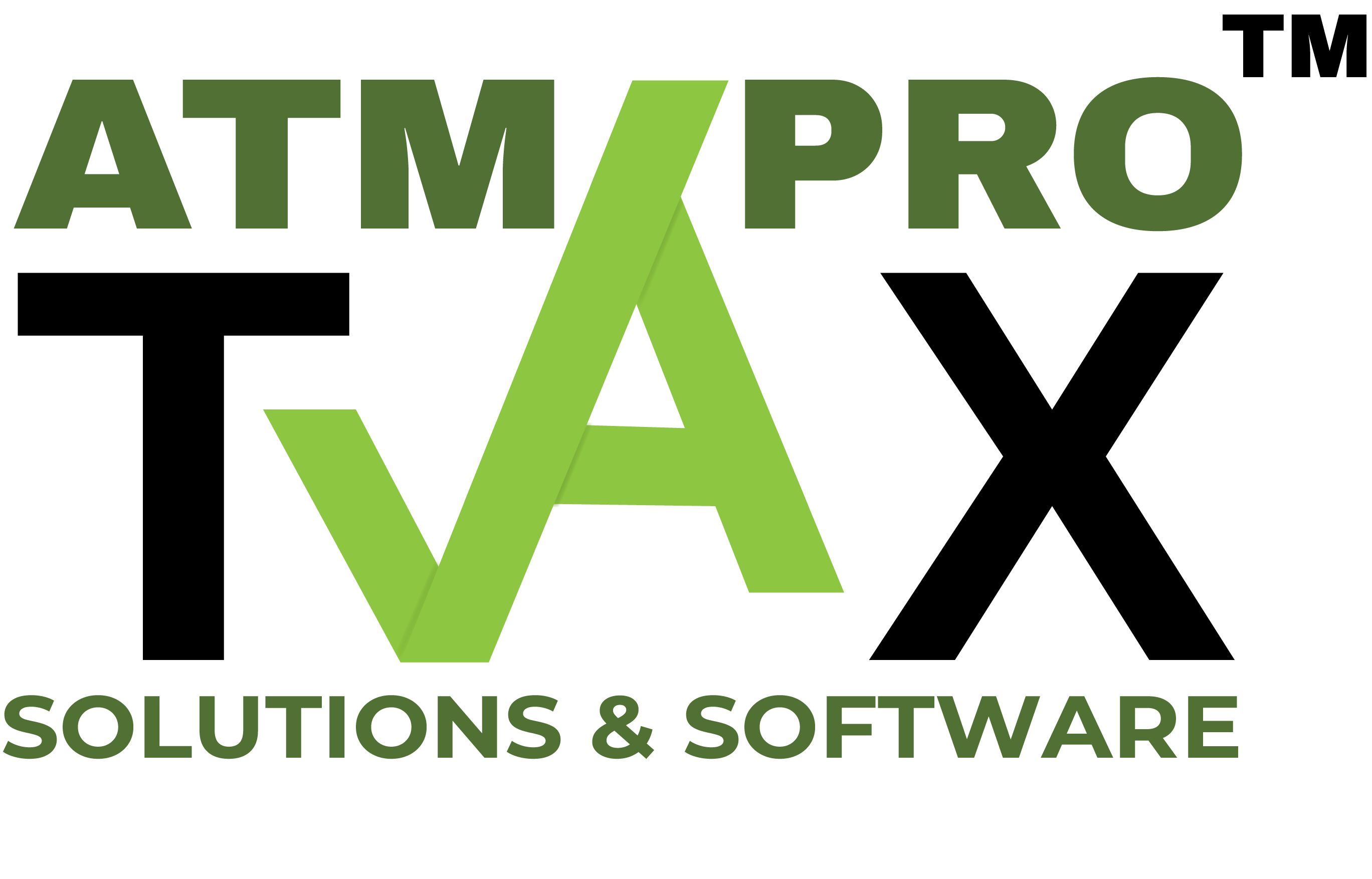Educational Center
- What Is a Dependent Exemption?
- What Does Adjusted Gross Income Mean?
- Bonus Definition
- Business Taxes
- What Is a Commission?
- Direct Deposit Definition
- What Is Direct Tax?
- Earned Income Definition
- What Is the Earned Income Tax Credit?
- Electronic Return Originator Meaning
- What Is a Flat Tax?
- What Is an Injured Spouse Claim?
- What Does IRS Innocent Spouse Relief Mean?
- What Is Property Tax?
- Tax Deficit Meaning
- Electronic Filing
- Employee Taxes
- Excise Tax
- Tax Exempt
- Compulsory Filing of Income Tax Return
- Gross Income Meaning
- What Are Exemptions on Tax Returns
- Test to Become a US Citizen
- What Is Head of Household
- What Is Federal Income Tax?
- What Is an Authorized E-File Provider?
- Who Needs to File a Tax Return?
- Learn All About Financial Records
- What Is An Offer in Compromise and What Does It Mean?
- What Is a Federal Tax Lien?
- What Does Non Collectible Status Mean?
- Benefits Received Principle Definition
- Ability to Pay Definition
- Income Tax Return Amount Due Meaning
Certain businesses are designated as an Electronic Return Originator, or ERO, meaning that they are specifically licensed by the IRS to file tax returns electronically. It is also common for ERO tax companies to help prepare tax returns.
What Is ERO on Your Tax Form?
As stated above, an ERO is a company that files electronic tax returns and usually helps prepare them. The IRS only allows e-filings to be conducted through EROs. This is to help prevent fraud and interception and ensure the accuracy of the forms.
Typically, e-filing through an ERO can be much faster as it ensures that a tax return reaches the IRS more quickly and safely than a physical return. Examples of ERO tax companies are TurboTax and H&R Block.
Who Signs the ERO Tax Signature?
Ultimately, you are the person who signs an ERO tax signature. When using the services of an ERO, you may be required to fill out an authorization form such as form 8879, which gives your ERO the power to enter or generate your PIN.
For EROs, the signed authorization form is incredibly important to keep and store. Without it, they can incur large penalties from the IRS or even put the entire company at risk.
What Is the Difference Between ERO and EFIN?
As stated above, an ERO is a business that is an authorized e-file provider by the IRS. An EFIN, or Electronic Filing Identification Number, is a 6-digit number given by the IRS to applicants who have been accepted for e-filing.
These terms are often confused by many. It’s incredibly important to know the difference, because while both may be crucial for e-filing, an EFIN is ultimately what allows you to file electronically.
